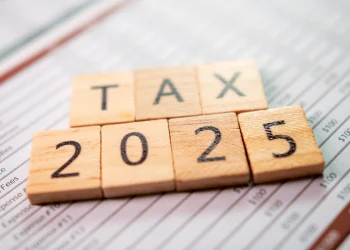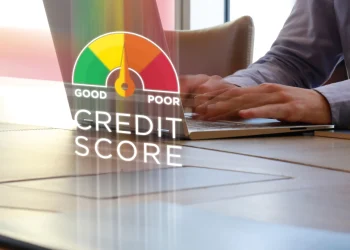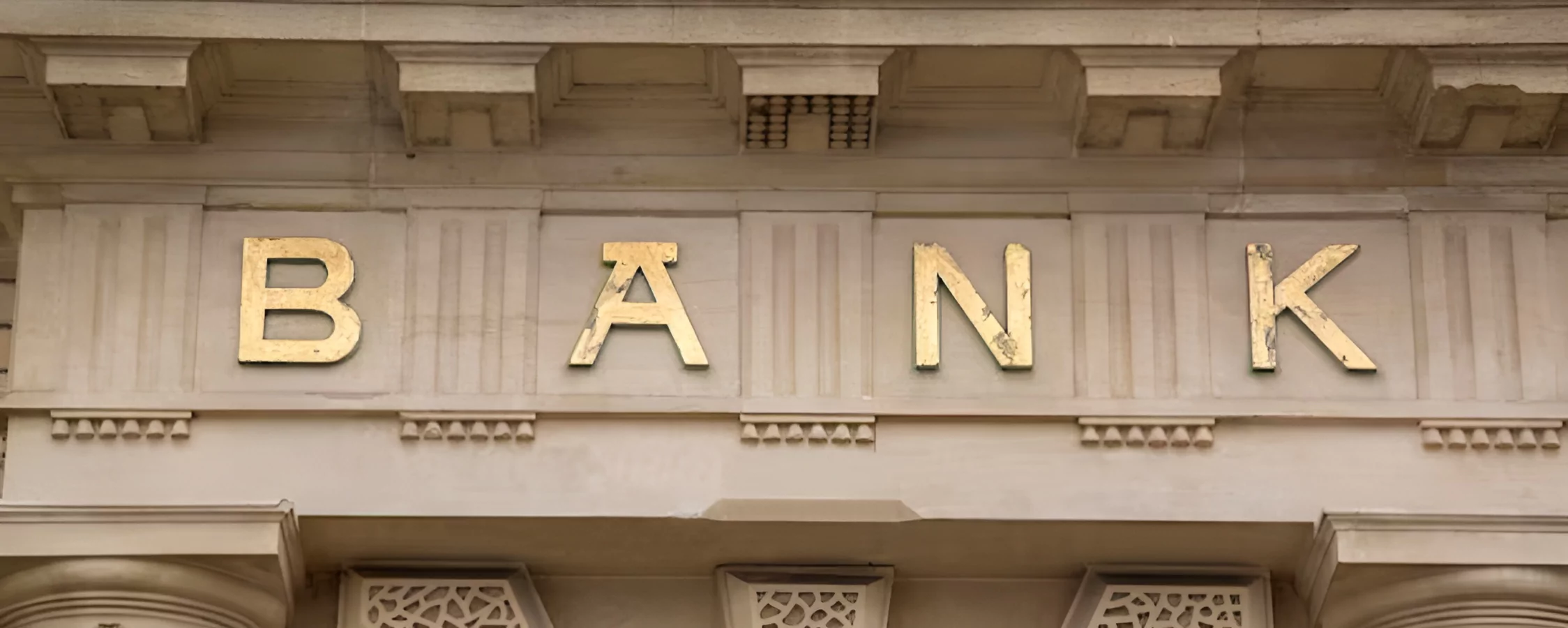When it comes to personal finance, credit scores are often a source of confusion, mystery, and frustration. Whether you’re applying for a loan or trying to rent an apartment, your credit score can feel like a magic number that holds immense power over your financial life. But here’s the thing: there are a lot of common myths about credit scores that can lead you astray if you’re not careful.
In this article, we’re going to break down some of the biggest misconceptions surrounding credit scores. By the end, you’ll have a clearer understanding of how your score works, what affects it, and how you can make smarter decisions to improve it. Ready to separate fact from fiction? Let’s get started
Myth #1: Checking Your Credit Score Hurts Your Credit
One of the most widespread common myths about credit scores is that simply checking your score will lower it. This belief has scared many people away from monitoring their credit, but here’s the truth: checking your credit score won’t hurt your credit at all.
The Reality
There are two types of credit inquiries—hard inquiries and soft inquiries. When you check your credit score, it’s considered a soft inquiry, which has no impact on your score. On the other hand, when a lender or creditor checks your score as part of an application for a loan or credit card, that’s a hard inquiry, which may slightly lower your score.
So, feel free to monitor your credit score regularly. It’s a good habit to get into—it helps you stay on top of your financial health and catch any errors or suspicious activity early.
Myth #2: Closing Old Credit Cards Will Improve Your Credit Score
Here’s another myth that trips people up all the time: closing an old credit card will boost your credit score. While it might seem logical to think that fewer credit lines equal a better score, the opposite is often true!
The Reality
Closing a credit card can hurt your score, especially if it’s an account you’ve had for a long time. Why? Because two key factors that affect your score are credit utilization and length of credit history.
- Credit Utilization: This refers to how much of your available credit you’re using. When you close a credit card, you reduce your total available credit, which can increase your credit utilization ratio—a higher ratio can lower your score.
- Length of Credit History: The longer you’ve had a credit account, the better. Closing an old account will shorten the average age of your credit history, which may negatively impact your score.
If you’re not using an old credit card, it’s better to keep the account open and just tuck the card away. That way, you can maintain your available credit and the length of your credit history.
Myth #3: You Only Have One Credit Score
A lot of people assume they have a single credit score, like a universal grade for their creditworthiness. But the truth is, you have multiple credit scores—each calculated slightly differently depending on the credit bureau and scoring model used.
The Reality
There are three major credit bureaus: Equifax, Experian, and TransUnion. Each bureau collects its data on your credit habits, so your score can vary slightly from one bureau to another. On top of that, there are different scoring models, like FICO and VantageScore, which weigh factors differently.
So, when someone talks about “your credit score,” they’re usually referring to whichever score they happen to be looking at. Lenders might pull reports from one, two, or all three bureaus, so it’s important to keep tabs on your credit across the board.
Myth #4: Paying Off Debt Removes It From Your Credit Report

Here’s a particularly sneaky myth: some people believe that once you pay off a debt, it immediately disappears from your credit report. Unfortunately, that’s not how it works.
The Reality
While paying off debt is always a good step for your financial health, it doesn’t erase the history of that debt from your credit report. Paid-off debts, especially those that were in collections or late, can stick around on your report for up to seven years.
The good news? Over time, the impact of negative marks diminishes, and recent positive behavior—like making on-time payments—will help improve your score. So, don’t stress too much about old debts that are paid off; focus on building better habits from here on out.
Myth #5: You Need to Carry a Balance to Build Credit
This is one of those myths about credit scores that sounds plausible but is completely false. Many people believe that carrying a balance on their credit card—meaning not paying it off in full each month—will somehow help boost their credit score. But in reality, this could cost you more in interest without providing any benefits.
The Reality
You don’t need to carry a balance to build credit. What matters most for your credit score is that you’re using credit responsibly and making on-time payments. Paying off your balance in full every month is one of the best ways to show that you can manage credit effectively. Plus, it saves you from paying unnecessary interest.
So, if you’ve been leaving a little balance on your card each month thinking it will help your score, go ahead and pay it off. Your wallet will thank you, and your credit score won’t take a hit.
Myth #6: Your Income Affects Your Credit Score
This myth is particularly misleading. Many people assume that a higher income automatically means a higher credit score, while a lower income results in a lower score. But here’s the deal: your income has absolutely nothing to do with your credit score.
The Reality
Your credit score is based on your credit behavior, not your income. While having a higher income can make it easier to pay your bills on time (which is great for your score), lenders don’t factor how much you make into your actual score calculation.
Instead, your score is influenced by things like payment history, credit utilization, and the types of credit you have. So, whether you’re making six figures or just getting by, you can still have a stellar credit score if you manage your credit responsibly.
Myth #7: Using a Debit Card Helps Build Credit
It’s an easy assumption to make—after all, both debit cards and credit cards are used for purchases, right? But when it comes to building your credit score, only one of these tools does the job, and spoiler alert: it’s not your debit card.
The Reality
Using a debit card won’t help you build credit because it’s not a form of borrowing. When you use a debit card, the money comes directly out of your bank account, so there’s no credit involved. Credit scores are based on how well you manage borrowed money, which is why only credit cards, loans, and other forms of credit can impact your score.
If you’re looking to build credit, consider using a credit card responsibly—just remember to pay off the balance in full each month to avoid interest charges.
Myth #8: All Debt Is Bad for Your Credit Score
Debt tends to get a bad rap, but not all debt is created equal. Many people believe that having any kind of debt will drag down their credit score, but that’s not entirely true.
The Reality
Not all debt is harmful to your credit. Certain types of debt, like a mortgage or student loans, can help improve your credit score—if you manage them well. What matters most is how you handle your debt. Making on-time payments and keeping your balances low can boost your score.
The key takeaway? It’s not about avoiding debt altogether—it’s about managing it wisely.
Conclusion
Understanding the truth behind common myths about credit scores is essential if you want to take control of your financial future. Credit scores don’t have to be as mysterious or intimidating as they seem. By debunking these myths, you can make smarter decisions that help you build and maintain a strong credit score.
Remember, your credit score is just one part of your overall financial picture. Stay informed, use credit responsibly, and always keep an eye on your score to ensure you’re on the right track.
FAQs | Myths About Credit Scores
1. How often should I check my credit score?
It’s a good idea to check your credit score at least once every few months to monitor for any changes or inaccuracies. Many services offer free credit score checks.
2. What’s the best way to improve my credit score quickly?
The fastest ways to improve your credit score include making on-time payments, paying down your credit card balances, and avoiding new credit inquiries.
3. Does applying for a credit card hurt my credit score?
Applying for a new credit card results in a hard inquiry, which can slightly lower your score. However, the impact is typically minimal and only temporary.
4. Can I get a loan with a bad credit score?
Yes, but it may be more difficult, and you’ll likely face higher interest rates. Improving your credit score before applying for a loan can help you get better terms.
5. What’s the difference between a credit report and a credit score?
Your credit report is a detailed history of your credit activity, while your credit score is a numerical representation of your creditworthiness based on that report.













